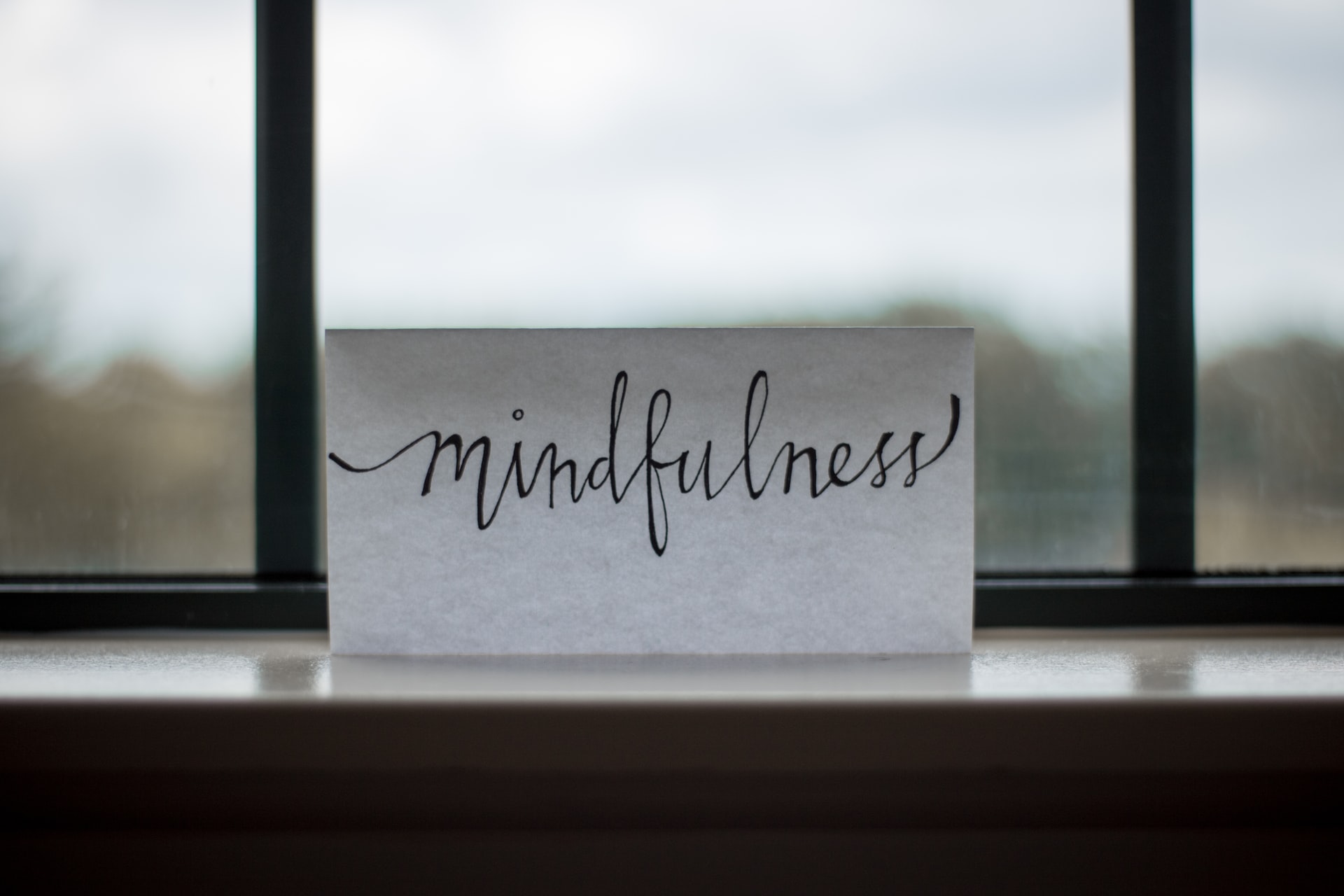What is mindfulness? Mindfulness is simply a form of inner meditation where you focus intensely on what you are feeling and noticing right now, without judgment or interpretation. Practicing mindfulness effectively helps to relax the mind and body, reduce stress, and increase your creativity. Studies have shown that people who practice mindfulness have lower stress levels than those who do not.
Mindfulness also has a connection to sleep and mental health. When you are mindful, you become less stressed and more able to sleep. A number of studies have shown connections between mind-body practices and healthy sleep and body functioning. For instance, taking a sitting meditation class before bedtime has been shown to help improve sleep quality and duration. This effect is similar to the results seen with regular exercise: when people are mindful and sitting quietly, they find it easier to relax into a deep sleep.
Another benefit of mindfulness is increased creativity. Scientific studies have found a connection between mindfulness and increased brain function. During a mindfulness guided meditation session, participants experienced an enhanced ability to notice and think about what they were doing and what they were seeing; they were able to analyze the details of the moment and process information more quickly.
While mindfulness is useful for all parts of your life, perhaps its most beneficial trait is its relationship to your breathing meditation. Studies have shown that mindfulness can make you more attuned to your body, especially your breath. Regular meditation practice increases your awareness of your breath, which in turn makes you more able to respond appropriately to stressful situations. With increased attention to your breath, you can learn to calm yourself when you feel the anxiety building and can ultimately learn to reduce your exposure to stress.
One of the keys to practicing mindfulness meditation effectively is being aware of your thoughts. When you become aware of your thoughts, it becomes easier to recognize when your mind goes into rumination or self criticize. Being aware of your thoughts will help you to respond positively to stress, and to change how you respond to stress in your daily life. You can then use mindfulness to redirect your attention to more constructive activities such as appreciating the experience of others, rather than dwelling on negative thoughts or memories from the past.
For anyone wanting to deepen their mindfulness practices, there are many guided meditation classes across the country. If you don’t have time for a guided meditation, there are also audio programs available for download that you can listen to in your car or home, or as you drive to work or the gym. Practicing mindfulness not only benefits your state of mind, but it can literally transform the way you experience the world around you. This practice can have a profound effect on your health, relationships, creativity and prosperity, in general.

